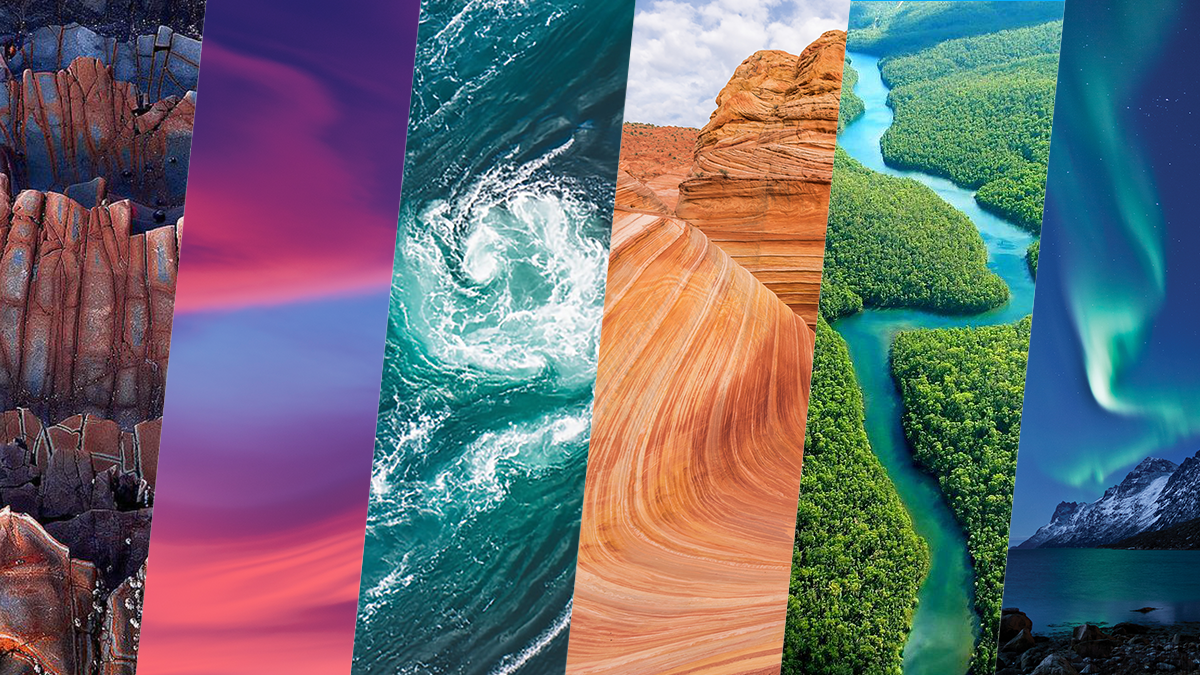Editors’ Vox is a blog from AGU’s Publications Department.
As a non-profit organization serving a global community of Earth and space scientists, AGU is committed to promoting and exemplifying an inclusive scientific culture, and that includes scholarly publishing.
For more than a century, AGU Publications has supported researchers in advancing the Earth and space sciences, publishing over 200,000 articles to date across its 24 peer-reviewed journals. Published research is often the result of a collective effort involving international and local partnerships. These partnerships should be celebrated and encouraged, as they are essential to making geoscience research feasible and impactful. It is also crucial that these collaborations are done ethically, equitably, and with transparency.
To promote greater equity, inclusion, and transparency, AGU Publications has updated its authorship policy across its journals portfolio to include a policy on global research collaborations. Researchers submitting to AGU journals will now be encouraged — and AGU journal editors may request — to include their local collaborators as co-authors when they meet the AGU Publications authorship criteria or otherwise recognize them in the Acknowledgement section. When appropriate, the policy also encourages authors to include an “Inclusion in Global Research” statement addressing the ethical and scientific considerations applicable to the study. Authors are also encouraged to consider the recommendations from “The TRUST CODE — A Global Code of Conduct for Equitable Research Partnerships” when conducting and reporting their research.
“Many scientific discoveries today are made possible through support and collaboration with local and international partners,” said Billy Williams, AGU’s Executive Vice President for Ethics, Diversity, and Inclusion. “This policy is an important step toward recognizing the critical role that many often unsung heroes play in enabling science at every stage of the research lifecycle.”
The policy also seeks to address the problem of parachute science, also called helicopter research, which occurs when well-resourced researchers complete research or field work in low-resourced settings while excluding local communities or researchers from the process. This harmful practice can happen at any point during the research lifecycle and exacerbates already existing inequities in international research collaborations.
“Through this policy we recognize the important role that journals and publishers play in addressing parachute science,” said Mia Ricci, AGU’s Director of Publications Operations, “but it’s a collective effort that requires action from all participants in the research ecosystem.”
The new policy was built upon similar policies implemented by Nature and the Public Library of Science (PLoS) and follows the success of an 18-month pilot in AGU’s JGR: Biogeosciences. The pilot was developed over a two-year period by the AGU Publications DEIA subcommittee, with advisement from the AGU Publications committee. AGU Publications editors-in-chief, the editors of JGR: Biogeosciences, the AGU Diversity and Inclusion department, the AGU Indigenous Action Task Force, and the AGU Council also provided consultation.
“In many cases, the policy resulted in additional co-authors or better acknowledgement of local partnerships,” said Maggie Xenopoulos, Editor-in-Chief of JGR: Biogeosciences and member of the AGU Publications DEIA Subcommittee. “What’s really encouraging is that all the authors involved in the JGR: Biogeosciences pilot were supportive of what we were trying to achieve. We see this policy as an important starting point for building awareness and experience, and we hope to improve the policy over time as we learn from our communities.”
Read more about the policy details and background in this AGU Advances editorial.

